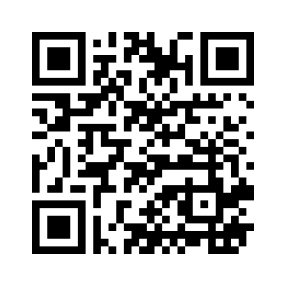Dreams are not only a source of nightly entertainment but also profound influencers of our unconscious mind. They often hold the key to understanding our deepest desires and fears, subtly shaping our waking decisions and behaviors. This article explores the fascinating ways in which our dreams can guide and influence our unconscious choices.
The Connection Between Dreams and the Unconscious
Dreams serve as a direct conduit to the unconscious, presenting a rich tapestry of symbols and scenarios that reflect our hidden emotions and thoughts. According to psychoanalytic theory, dreams allow us to play out desires and fears that we suppress in waking life. This expression can provide valuable insights into our true preferences and aversions, influencing our unconscious decision-making processes.
Reflections of Desires and Fears
Dreams often feature exaggerated versions of situations or emotions that bother us in our waking life or those we desire to achieve. For example, dreaming about flying might indicate a desire for freedom or escape from pressing responsibilities. These symbolic manifestations can influence our feelings and attitudes toward similar real-life situations, steering our choices without our explicit awareness.
Dream Influence on Daily Decision Making
Insight into Personal and Emotional Struggles
Dreams can highlight personal and emotional struggles that we might not be consciously aware of. For instance, recurring dreams about being chased can indicate an avoidance strategy in waking life, where one might be dodging a confronting but necessary decision about personal or professional matters.
Dreams as Problem-Solving Tools
There is also evidence suggesting that dreams can serve as effective problem-solving tools. By recombining memories and knowledge in new ways, dreams can present creative solutions to problems. People often find that going to sleep with a problem can lead to waking up with a solution that seemed elusive the day before. This is because dreams can simulate various scenarios, helping the dreamer to subconsciously evaluate different outcomes and strategies.
Therapeutic Uses of Dreams
Guiding Psychotherapy and Personal Development
In psychotherapy, dreams are often used as a gateway to understand unconscious motives that influence a client’s choices and behaviors. Therapists may analyze dreams to identify patterns or themes that suggest underlying beliefs or emotional states influencing a person’s life choices.
Enhancing Creativity and Innovation
For artists, scientists, and creatives, dreams can be a source of inspiration and innovation. The uninhibited nature of the dream state can encourage imaginative and unconventional ideas, which can translate into creative output in the waking world.
Dreams significantly influence our unconscious choices by revealing our innermost fears, desires, and innovative potentials. They act as a mirror reflecting our emotional states and subconscious thoughts that shape our decisions and behaviors in daily life. By paying attention to our dreams and interpreting their meanings, we can gain insights into our unconscious mind, leading to more informed and conscious decision-making. Understanding and harnessing the power of dreams can lead to greater personal and professional fulfillment.






